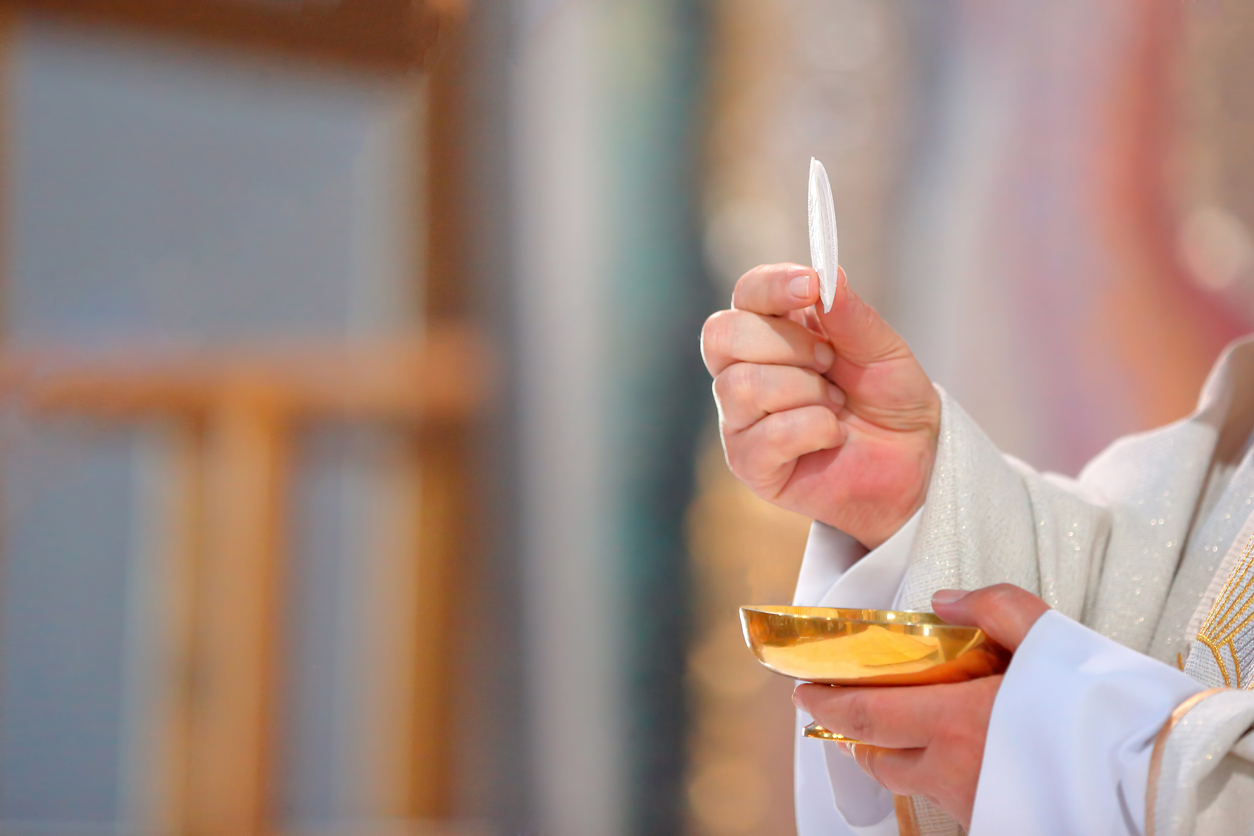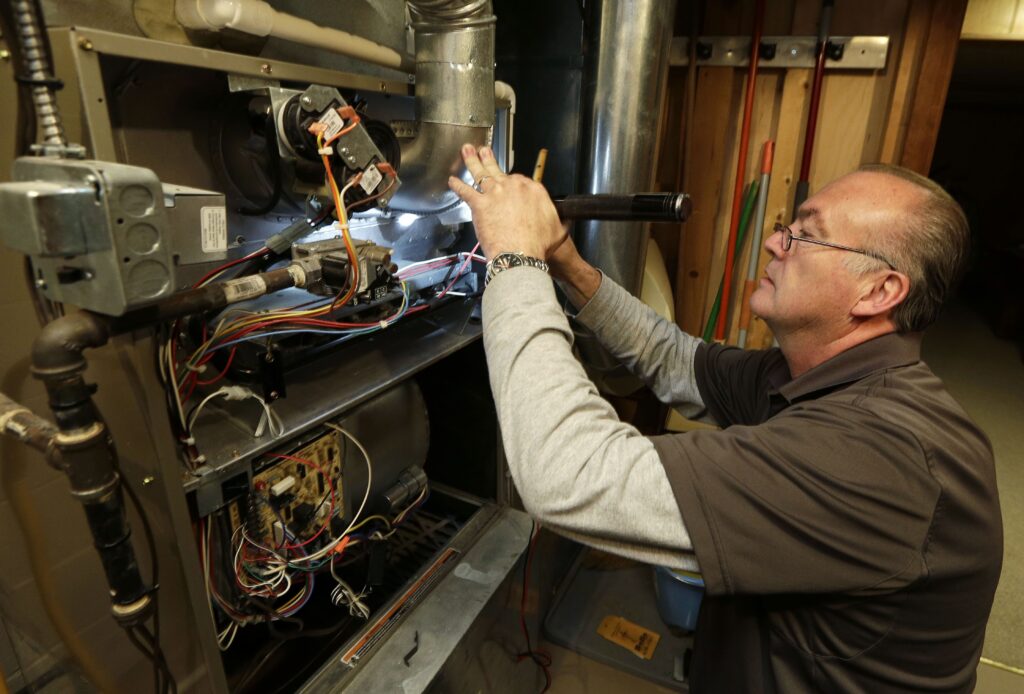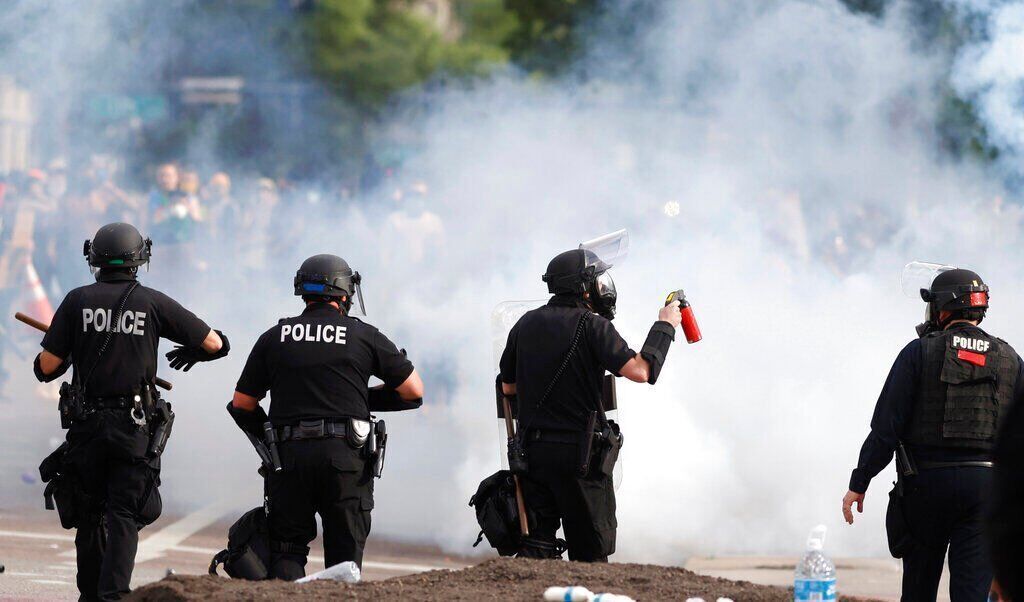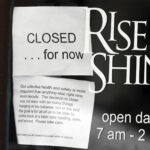Colorado’s Catholic bishops opine on whether COVID-19 vaccines are ‘morally acceptable’

Colorado’s Catholic bishops have announced to their followers that vaccinations against COVID-19 are acceptable “under certain circumstances,” depending on how they were developed.
“The Catholic Church supports the morally legitimate development of vaccines to eliminate suffering and to promote human dignity and the common good. Considering the worldwide impact of COVID-19, vaccines for this virus seem to be especially necessary and urgent,” wrote Archbishop of Denver Samuel J. Aquila, Bishop of Pueblo Stephen J. Berg, Bishop of Colorado Springs Michael J. Sheridan and Auxiliary Bishop of Denver Jorge Rodriguez.
Their letter appeared on Dec. 14 in the Denver Catholic, the publication of the archdiocese. The clergymen qualified their statement by saying vaccines developed with aborted fetal cells are unacceptable in their view.
“It offends the dignity of the preborn aborted baby,” the bishops wrote. If any person has moral objections about vaccines, “those individuals should not be forced into vaccination, contrary to their conscience. The government should not impose the COVID-19 vaccines on its citizens.”
The Pfizer-developed vaccine, which arrived in Colorado on Monday and is already in use, as well as one by Moderna, are “morally acceptable,” according to the bishops. They added that the two vaccines were “not untouched by abortion,” but given a lack of other available options, were permissible to use.
First Draft, a disinformation research organization, reports that neither the Pfizer nor the Moderna vaccine uses fetal cells in its production. One under development from AstraZeneca and Oxford University did use cells derived from a fetus in the vaccine’s creation, but the vaccine itself will not contain those cells.
As of Tuesday, COVID-19 had killed over 300,000 Americans.
Although no compulsory vaccination scheme is in place in the United States, a 1905 U.S. Supreme Court decision upheld a law in Massachusetts enabling mandatory smallpox inoculations. However, the decision was based on the police powers of the state in a public health emergency and did not hinge upon religious liberty.














